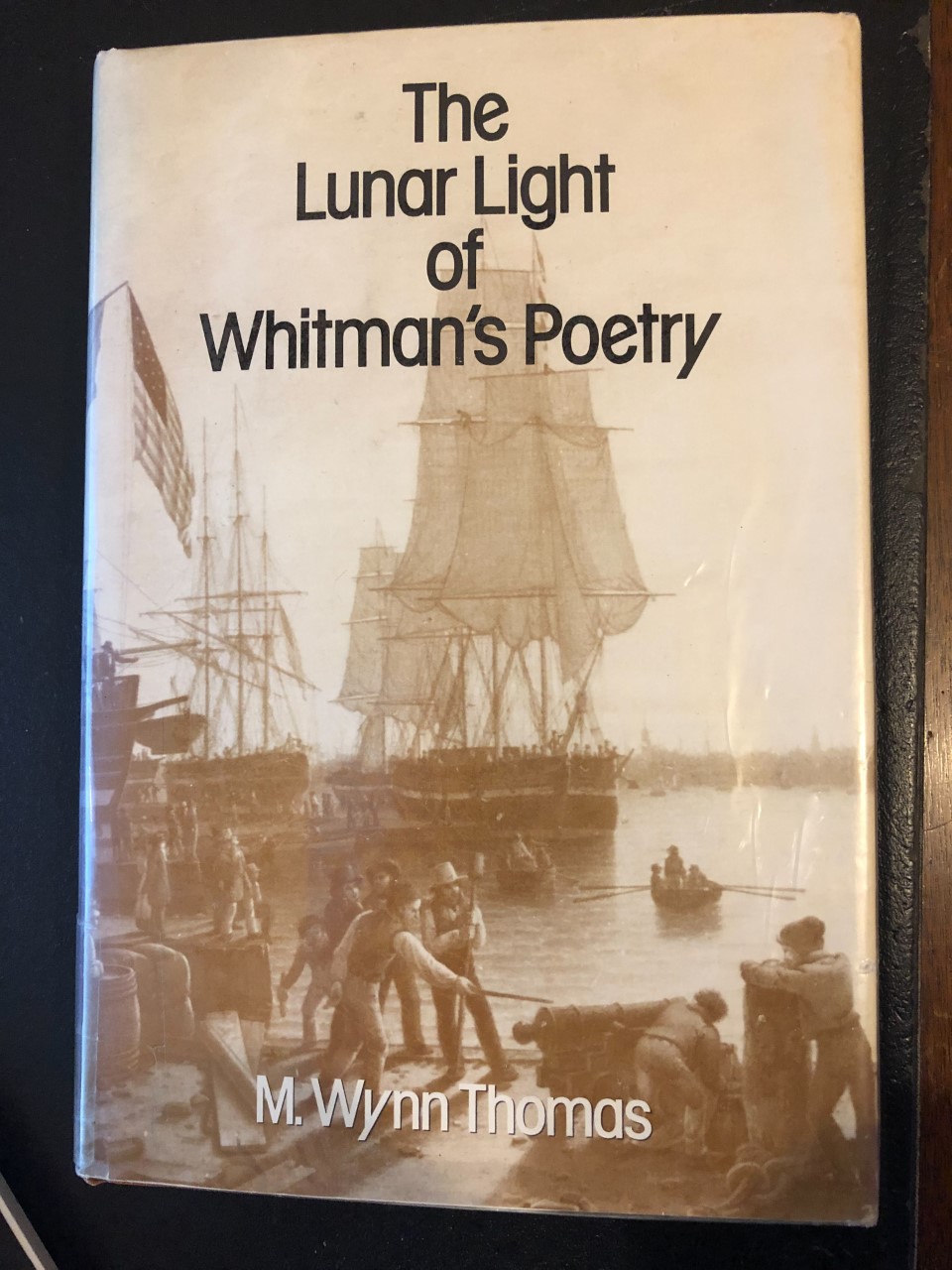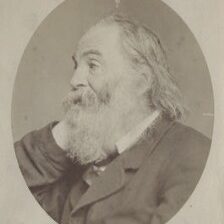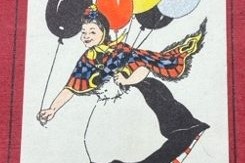From the early 1830s, besides writing poetry and teaching, Whitman worked for various publications. He even founded his own newspaper – Long-Islander – a one-man show performance as a publisher, an editor, a pressman, and a distributor making home deliveries.
He published both poetry and prose in magazines and newspapers, and was better known by his readers for his work in periodicals. But just ten months after establishing the Long-Islander, he sold the paper (Karen Karbiener, 1998).
In his critical study, The Lunar Light of Whitman’s Poetry, M. Wynn Thomas reveals some valuable insights into Whitman’s life as a newspaperman. He became disillusioned with the ability of journalism to communicate directly with others.
“In the technical process of setting words in type he finds a suitably graphic illustration of the social and political mechanisms dividing individual from individual in the emergent America, and so preventing the emergence of a genuinely popular democracy” (Thomas, 1987, p.19).

Yearning for, and lamenting missed connections, permeates Whitman’s ‘Chants Democratic’ in Leaves of Grass (1860):
“The paper I write on or you write on, every word we
write, every cross and twirl of the pen, and the
curious way we write what we think, yet very
faintly” (Whitman, 1860. p. 152)
It is curious to speculate how Whitman may have felt about modern modes of communication and social media today. Thomas suggests that for Whitman, communication did not necessarily result in intimacy, but rather betrayed the importance placed upon an alternative value system: money.
“[…] individuals are perceived to be communicating with one another only indirectly, through the medium of social and economic signifiers, including a whole range of indicators of status, the most important of which, clearly, is money” (p.20).
As Karl Marx argued, the money-making production of commodities leads to a social system reflected in the pursuit of profit. To endorse his statement, Thomas further quotes from Whitman’s ‘Chants Democratic’:

I bring what you much need, yet always have,
Not money, amours, dress, eating, but as good;
I send no agent or medium, offer no representative
of value, but offer the value itself. (Whitman, 1860, p.146)
Thomas argues that in Whitman’s poetic writings,
“[…] there may very well lurk not only an objection to some of the dramatic social consequences of an advanced money economy, but also an awareness of the changing character of money itself.” (Thomas, p.20).
America was relying on paper currency, which as Thomas (1987) notes, was not always supported by gold. To boost the economy, around 1830, some banks printed more money than those that were backed by gold. As a consequence, besides other reckless practices, in 1837 the economy collapsed. Not trusting the changes, in 1846, Whitman wrote an editorial, a ”Case of People vs Paper”, describing the conflict between the individual and the bullying corporate business interest (Thomas, 1987). Is he talking about 1846 or …? “Behind the greenbacks he detected the gross alliance between banks and big business which, by fostering economic inequalities, threatened to damage the very fabric of democratic society.” (Thomas, 1987, p.21)
Today, aware of the dangers of not-always-reliable virtual currency and corporate greed, our society is facing almost the same kind of worries. Whitman’s distrust of the system is as actual as ever. Speculation is not a solid base for development or even democracy. Whitman said it better in “Song for Occupations”: “the enclosing purport of us here is not a speculation or bon-mot or reconnaissance” (Whitman, 1882, p.171).
Ultimately, Walt Whitman was no less than a prophet of the future backed up by a prophet of the past.
Bibliography
Anon. (1860) “Walt Whitman”, National Portrait Gallery. Available at: <https://www.npg.org.uk/collections/search/portrait/mw211782/Walt-Whitman?search=sp&sText=walt+whitman&rNo=1> [Accessed 23 March 2022].
Karbiener, K. Long Islander. In: The Walt Whitman Archive. J.R. LeMaster and Donald D. Kummings, (eds.) (1998) Walt Whitman: An Encyclopaedia. New York: Garland Publishing. Available at: <https://whitmanarchive.org/criticism/current/encyclopedia/entry_31.html> [Accessed 10 May 2022].
Thomas, M. Wynn., (1987) The Lunar Light of Whitman’s Poetry. Harvard University Press.
Whitman, W. (1860) Leaves of Grass. The Walt Whitman Archive. Available at: <https://whitmanarchive.org/published/LG/1860/poems/7> [Accessed 23 March 2022].
Whitman, W. (1882) Leaves of Grass, Wikisource. Available at: <https://en.wikisource.org/wiki/Leaves_of_Grass_(1882)/A_Song_for_Occupations> [Accessed 23 March 2022].










